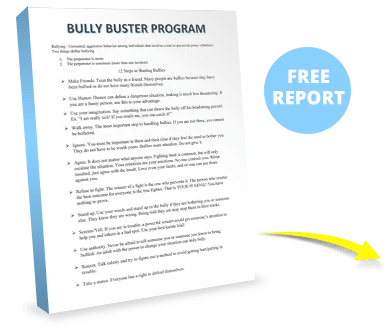Anyone who has ever seen a karate demonstration knows that karate master’s always shout when they punch or kick. And they shout very loudly. You might even say they scream. This is called kiai.
Many Asians believe that there is a force that flows through all things, making them move and change. This is called ki in Japanese (chi or qi in Chinese). The weather, for example, which is always changing, is called tenki, or “heavenly ki.”
People have ki as well, although most times we are not even aware of it. You may, however, have had the experience of being tired one minute and full of energy the next, just because something – a sudden invitation to a party, or an impeding deadline for a term paper-stimulated you. And when people are very scared or very angry or excited, they sometimes find that they are stronger than they’ve ever been. Some Asians explain this by saying that in these situations, people are intuitively focusing their ki in just the right way to give themselves incredible energy. Some martial artists believe that with practice, you can learn to control your ki to give yourself this energy whenever you want. A part of this is the screaming, the kiai, which means “working with ki” or “harmonizing ki.”
But you don’t have to believe in ki to understand why shouting might make your karate techniques stronger. By shouting, you are making sure you are exhaling at the time of attack, which in turn ensures that you are relaxed, and experts in all sports say that you are your strongest and fastest when you are relaxed. This is why bodybuilders exhale when they are lifting weight, and why you can hear, even on television, the sharp exhalation of boxers whenever they punch. This also is why karate instructors, whether or not they believe in ki, believe that kiai is very important.
A proper kiai comes not from the lungs but from the lower abdomen, or TANDEN. Ask your instructor for guidance in proper breathing, which should include directions on how to kiai effectively. Do not repeatedly shout from your lungs as this can tire you very quickly and even damage your throat.
As you continue your study, you may become more motivated in class whenever you and your classmates make loud kiai during your drills. A good kiai can also motivate you to retaliate when you are on the receiving end of a particularly daunting attack. When you become more aware of your breathing in general, you should also see an increase in your stamina and strength.
And, of course, when you are actually defending yourself, a sudden, loud scream may scare away an attacker before you have to strike even a single blow.


